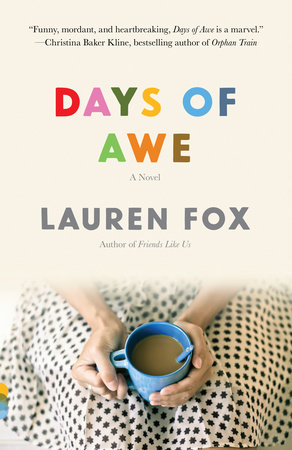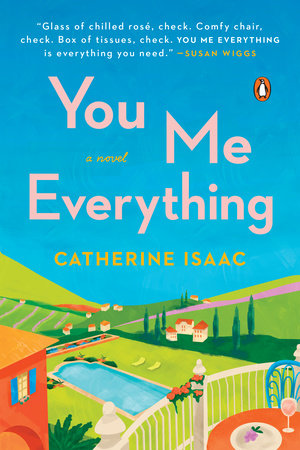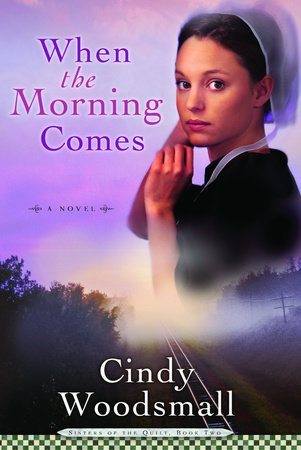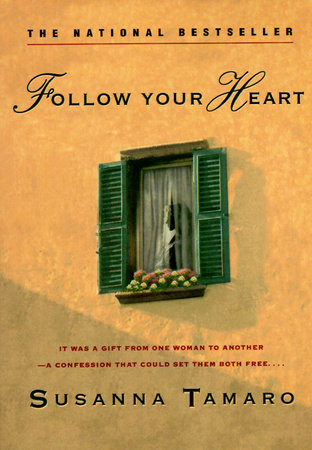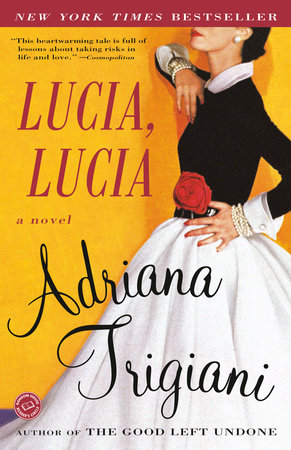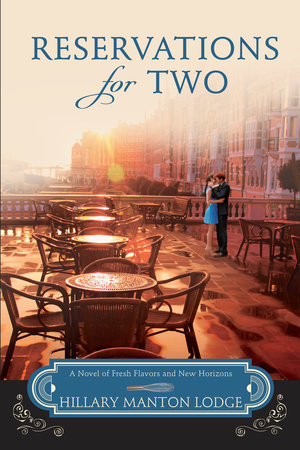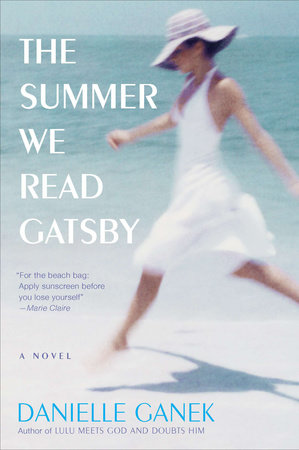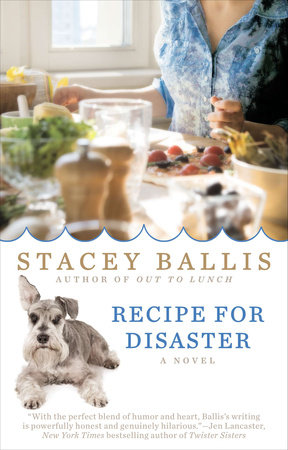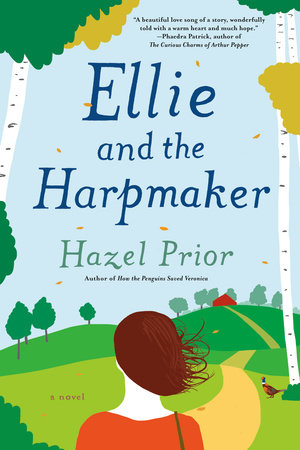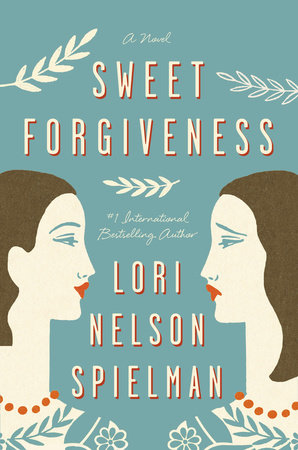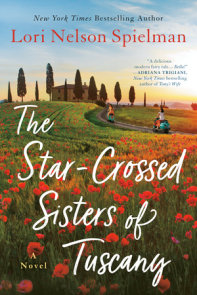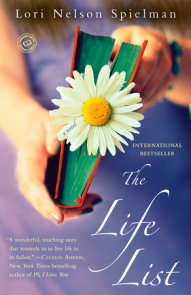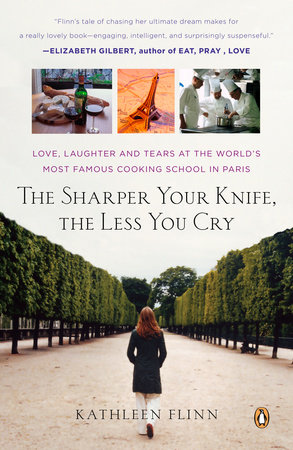Author Q&A
How did you come up with the idea of Forgiveness Stones? Were you inspired by any person or event?
The idea of the Forgiveness Stones was a combination of a friendship bracelet circulating with some of my young students, and a movie I love called Pay it Forward.
I loved the sweet sentiment of the friendship bracelets. But what if, instead of friendship, forgiveness was being swapped. What if each recipient of the bracelet was expected to forgive, then pass a second bracelet and an apology on to someone else, and so forth?
But a bracelet seemed too public for an act as private as forgiveness. That’s when the idea came to mind of a pouch of Forgiveness Stones, a chain letter of forgiveness in the form of two garden pebbles, with a pay-it-forward request to forgive. Stones are ancient and accessible. I loved their symbolism of strength, their use in building bridges, but also for building walls—which is exactly what our apologies and grudges can do.
How did the process for writing Sweet Forgiveness differ from your experience writing The Life List? What was the most gratifying part of the writing process for you?
I wrote The Life List while working full-time. Every spare moment was spent at my computer.
Sadly, this compulsion came to a halt when I took a leave of absence from work to write my second novel. Suddenly, I had oodles of time. I took advantage of my leisurely mornings by watching talk shows while drinking coffee. My non-working friends were inviting me to lunch and coffee and day trips. After two decades of scarfing down a sack lunch during a twenty minute break, I could actually dine at a restaurant. I could eat with silverware…while sharing conversation with adults! It was too wonderful to resist.
I was having a wonderful time, but my story wasn’t getting written. Finally, I began treating writing as my job and setting boundaries. Now, every weekday at the very minimum I write from seven a.m. until nine, without fail. After that, I can either continue or not. But at the very least, I’ve put in a solid two hours of work.
I find most gratifying part of the writing process to be those times I’m writing a scene that makes me tear up, or get angry, or laugh out loud. To me, art is all about touching emotions. It’s an amazing feeling when I have tears streaming down my cheeks as I write scene, or realize that I’m grinning as I type the words. Somewhere in my mind’s eye, I know someone else might one day read the scene and experience the same feelings. It’s like a little gift of emotion that I’m sharing.
As an internationally bestselling author, your novels have resonated with millions of readers across different cultural backgrounds. Does this inform your writing? What is the most important aspect of storytelling for you as a writer?
The international sales have been the most unexpected, serendipitous bonus in this entire writing adventure. I have received so many beautiful messages from readers around the world. It’s thrilling to think that the stories resonate with readers from Paris to Peru. I can only conclude that human emotions are universal, including the desire to dream, and the need to forgive and be forgiven. I love that about literature. By following someone else’s journey, we often connect with our own, regardless of our cultural background. Whether it’s a book, a movie, a song, or a painting, art and literature are the connective tissues in our web of life.
For me, the most important aspect of storytelling is the story itself. For years I tried to imitate authors by crafting prose that never felt authentic. I finally found my voice—an unadorned and straightforward style—and owned it. My personal goal as a writer is to deliver a fast-paced emotional page-turner that readers find accessible, compelling, and maybe, if I’m really lucky, inspiring!



